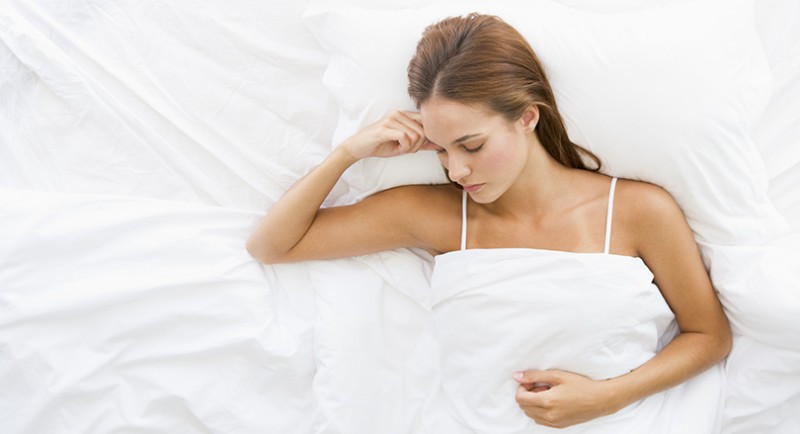Going through life with sleep problems can be brutal. Whether it's trouble falling asleep at night, tossing and turning, or waking up every couple hours, making it through the next day on a lack of sleep can be a chore. It can be more about surviving than thriving whether at work or at play. With a growing crisis in the United States and abroad about the overuse of opioids, which have a sedative effect and sleeping pills, people have been seeking long term replacements for sleep aids an herbal medicine is where they're turning to. If you are one of the millions suffering with sleep issues or trying to treat insomnia, your next new best friend might be valeriana officinalis or valerian root, an herb that is native to Asia and Europe but can also be found in North America. Valerian root – which is sold by Wonder Labs under the brand name Valerin – is best known as a compound that can help bad-sleep sufferers improve their sleep quality and find their zzz's at night. This is so they can get the rest they need to wake up the next day primed and ready once again to take on the world. Valerian's other potential benefits include reducing anxiety and various psychological stresses that, left untreated, can wreak havoc on your quality of life and hinder your ability to focus, concentrate, and function to the best of your abilities. Just one or even two nights of disturbed sleep can leave you feeling like a zombie craving the nearest sofa or bed during a time of day when you should be at peak productivity. So imagine what can happen to someone who suffers from a lack of sleep or outright sleeplessness for weeks or months on end.
What Does Valerian Do?
Valerian root extract (or Valerin), typically available in tablet or capsule form as a nutritional supplement sourced valerian plant roots and stems, appears to works as a beneficial sedative to the brain as well as the nervous system, per webmd.com. Valerian is not just a single compound, either; it's comprised of several active constituents that can interact with one another in benefiting your health. These other constituents include volatile oils, such as valerenic acids, which provide the sedative effect, per National Institutes of Health (NIH). Valerian and its health-oriented benefits have not only been studied in recent years by researchers, they have been time-tested as well. Its medicinal use dates all the way back to the times of ancient Greece and Rome, with no less a credible source than Hippocrates, who described its therapeutic benefits and uses. In the 16th century, valerian was used to treat conditions such as nervousness, trembling, headaches and heart palpitations, per NIH.A Rundown of Valerian's Main Benefits
Following is a brief summary of valerian herbal product's most notable benefits. Be sure to discuss valerian use with your physician, especially if it involves a change from any prescribed regimen you are already following for specific conditions:- Insomnia. Per webmd.com, studies have shown that valerian can reduce the time it takes to fall asleep by 15 to 20 minutes. It can also enhance sleep quality, although it should be ingested about two hours before going to bed. It will probably take several days or weeks before the benefit becomes noticeable.
- Menopause. Studies have suggested that taking teh herbal supplement valerian root daily for eight weeks can diminish the intensity and frequency of hot flashes in postmenopausal women, per webmd.com.
- Sciatica pain. Valerian root contains a volatile that oil that works to relax muscles and reduce tension, per effectiveremedies.com.
- Anxiety. The same sort of calming effect that helps you sleep or works on your muscles can also help alleviate any anxiety you might experience.
- ADHD. Valerian works in tandem with your brain to decelerate triggers that could be the source of hyperactivity, while also benefiting individual concentration.
- Heart health. Not only can valerian fortify your bloods vessels, it can also improve their elasticity, per effectiveremedies.com. This works to reduce high blood pressure and thus reduce the risk of cardiovascular disease.

